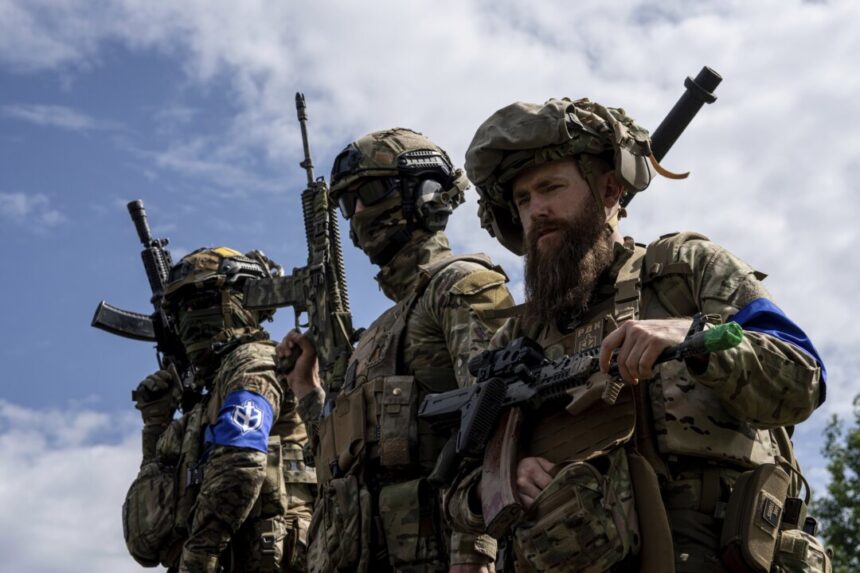Nine days into their unexpected attack on Kursk, Ukraine has asserted control over a 444-square mile portion of Russian borderland. The move caught Russia off guard, and initial attempts to counter the assault resulted in casualties for the Russian forces. Ukrainian President Volodymyr Zelenskyy reported a capture of 386 square miles initially, with subsequent reports indicating control over 444 square miles of Kursk territory. This shift marks a departure from the previous grinding battles, showcasing Ukraine’s ability to surprise and reclaim territory. Russia has been evacuating civilians from the affected regions, and experts have noted a chaotic and slow response from Russia in the face of the Ukrainian offensive. During a panel discussion at the Atlantic Council, Cagan highlighted the reported ambush on the convoy of Russian reinforcements heading to the Kursk border as an example of Russian hubris. However, Cagan cautioned pro-Ukraine observers against underestimating their opponent.
Former Ukrainian Defense Minister Andriy Zagorodnyuk suggested that the Kursk operation may have begun as a raid but Ukrainian forces may have decided to hold ground in the region to gauge the Russian response. The objective seems to be to force Russia to divert troops from the main front, creating a challenge for them.
Ukrainian presidential adviser Mykhailo Podolyak hinted that Ukraine might intend to hold parts of the Kursk region as a bargaining chip in future negotiations with Russia. However, Michael DiMino from Defense Priorities expressed skepticism about Ukraine’s ability to sustain a foothold in Kursk due to a shortage of manpower.
The U.S. military has offered limited insights into Ukraine’s plans in the Kursk region, indicating that it is still too early to determine the full scope of the operation. The Pentagon is engaging with Ukrainian officials to better understand their objectives.
The panel discussion raised concerns about the risks associated with Ukraine’s offensive in Kursk, including the potential for overextension and loss of strategic capabilities. The situation remains fluid, with uncertainties surrounding Ukraine’s long-term strategy in the region. Can you please rephrase this?
Source link





